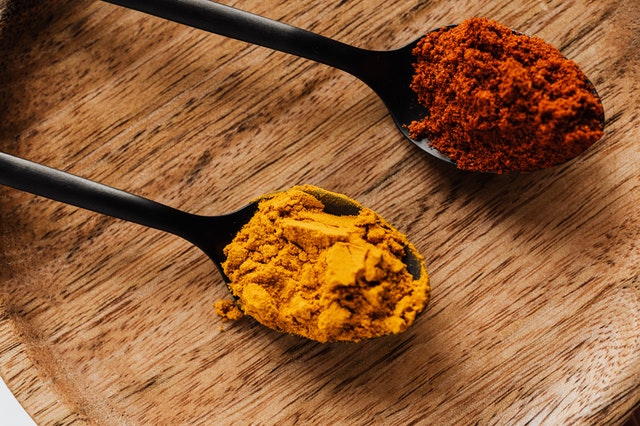Here’s the thing: The human body is not designed to live for 150 years. However, that doesn’t stop many people from wishing they could be the anomaly so long as they were promised a high quality of life in the next century. In reality, the decline of physical health is a normal and inevitable process. Though the science behind it is complex, gradual health decline occurs largely because of oxidative stress and inflammation. What this means is that, though you are never promised another day, there are several things you can do to preserve your physical and mental health for years, if not decades, to come. One simple step you can start taking today involves changing your diet to incorporate these four herbs for longevity.
1. Ginger
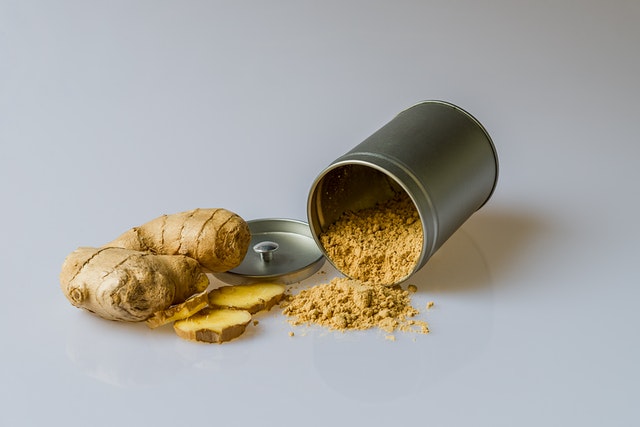
When it comes to “food medicine,” ginger is one of the most potent, easily accessible and tasty remedies you can find in local grocery stores. Ginger has several outstanding benefits, including antioxidative properties, anti-inflammatory properties and cancer-fighting agents. Each of these benefits, when they come together, means one thing: Increased longevity. You can reap the benefits of ginger simply by adding it to your meals a few times a week, shaving off a piece into a hot cup of tea, grating it onto your food or eating it as a fresh extract.
2. Chili Peppers
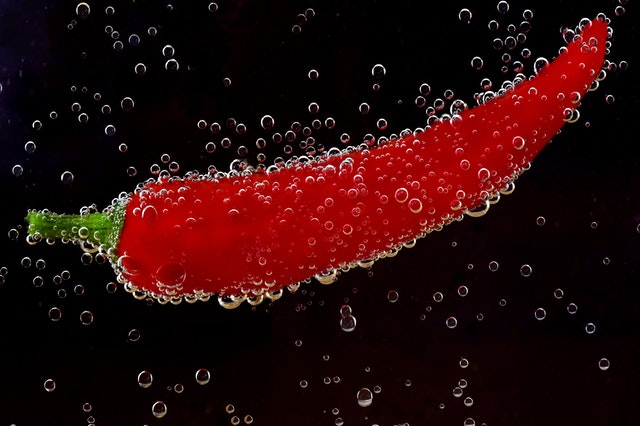
Though not an herb, chili peppers are often ground up and jarred to be used as spices, which warrants them a spot on this life. Chili peppers of all kinds — including jalapenos, cayenne and red peppers — contain capsaicin, which is the compound that makes them spicy. That compound is also a powerful anti-inflammatory agent. It’s so powerful, in fact, that a 2015 study of over half a million Chinese people found that people who regularly eat spicy foods are less likely to die of all causes than people who rarely or never eat spicy foods.
So, how often should you hit the hot sauce? Because the benefits of capsaicin are cumulative, researchers recommend eating spicy foods as many as six to seven times per week to gain the most benefit.
3. Turmeric
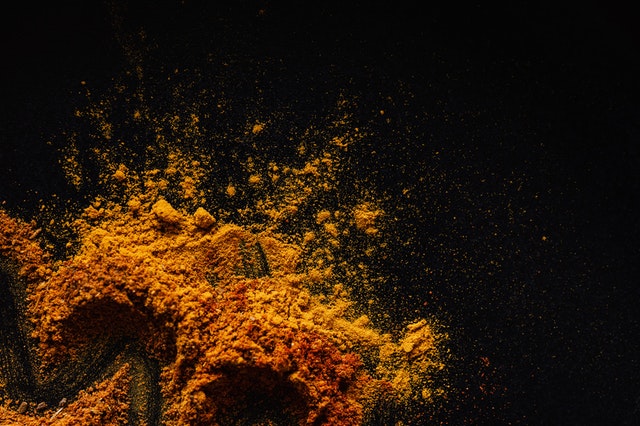
Turmeric has become a trending ingredient in recent years among groups that promote herbal remedies. However, Asian civilizations have been using turmeric as a natural medicine for millennia due to its powerful anti-inflammatory and antioxidant properties. One of the main compounds in turmeric — curcumin — is also an antioxidant. Together, turmeric and curcumin boast several health benefits, including improved memory, better brain health and a reduced risk for chronic conditions. Though it doesn’t hurt to cook with turmeric (it’s what gives curry its flavor), you will need to take a supplement to realize the full health benefits.
4. Ginseng
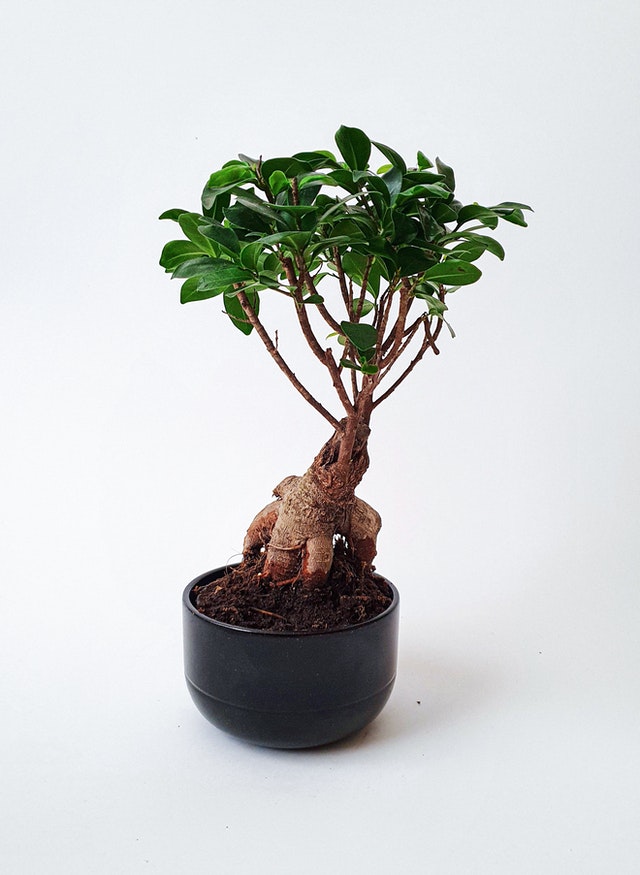
Ginseng is not called the “king of herbs” for no reason. Ginseng is one of the few plants that is considered an adaptogen, which is a substance that increases the body’s resilience to stressors of all kinds. It does this by acting as a “micro-trigger” to the body, helping it grow stronger to emotional, physical and environmental stressors. Though ginseng cannot help you become impervious to stress, it can improve your ability to react to it in a healthy way and recover more quickly. Considering stress is a major contributor of inflammation and an immunosuppressant, ginseng is one of the best herbs you can add to your diet for increased longevity.
As a bonus, ginseng also boasts anti-inflammatory and antioxidative properties. As if that’s not enough, a growing body of research suggests that the herb contains cancer-fighting and immunomodulatory properties as well. Moreover, research suggests it can help people with diabetes control their blood sugar levels and improve memory and learning.
To truly reap the benefits of ginseng, you need to consume it daily. You can take it in capsule form, drink it as an herbal tea or spice your food with it.
Improving your life and lifespan does not have to be hard. Simply by adding the aforementioned herbs to your diet, you can take several leaps in the right direction.

